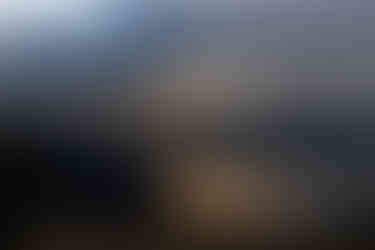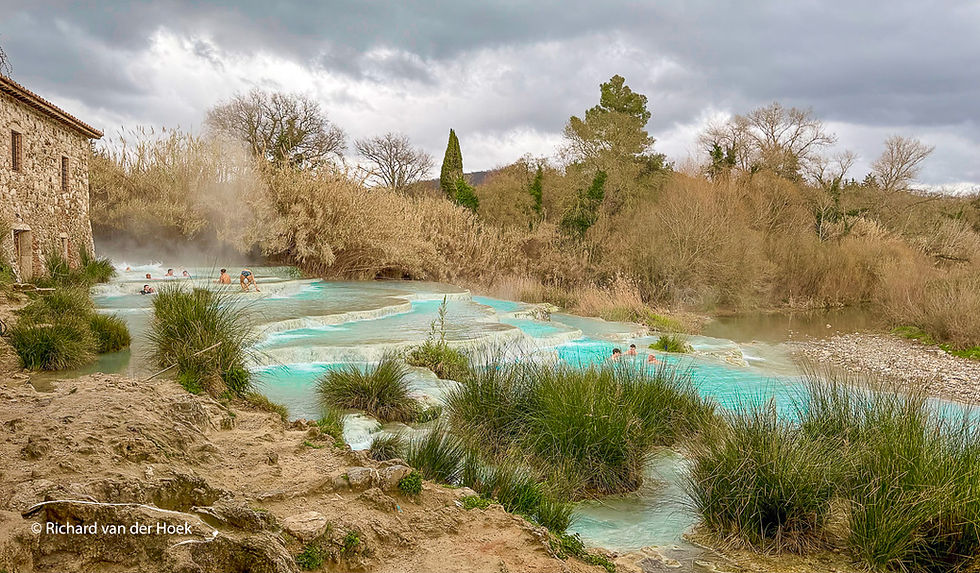Why the North makes you feel what's really important
- Richard

- Aug 7, 2025
- 3 min read
We continue towards the North Cape with our Globus 2. Here, above the treeline, lies a world where the landscape is stripped back to its essence. No tall trees, no lush forests, only wind, rock, moss, and grass.

We drive across barren plains. Fjell, they call it in Norway, or fjäll in Sweden. It simply means plateau, above the treeline. No more trees, only birch bushes that stay low to the ground, as if bowing to the harsh wind and the snow of winter.

Tundra or steppe?
The barren plain beneath our wheels resembles other vast spaces we've seen before. And yet, every shape is different. Is this a tundra or a steppe?
Tundras
Tundras are found at the edges of the world. In Alaska, Siberia, Greenland, and Northern Scandinavia. The ground there is always cold. Even in summer, only a thin top layer melts: the "active layer." Beneath this lies permafrost , frozen earth that sometimes extends hundreds of meters deep. No trees grow here. Only mosses, dwarf shrubs, and a few hardy herbs. The soil draws itself with polygons, geometric shapes formed by the perpetual freezing and thawing.
Steppes
Steppes, on the other hand, exude drought. Grassy plains without trees, but not because of frost – because of a lack of rain. You find them in Mongolia, Kazakhstan, the Ukrainian plains, and even in parts of North America. The wind rustles through waving grass. Occasionally, a shrub grows, but trees are scarce.
Two worlds without trees, yet so different. Tundra: cold and wet. Steppe: dry and temperate.

Fjell
It's amazing how landscapes have their own words. Words that defy translation because they carry a feeling, a memory of a people. Fjell is such a word. It refers to the barren mountain ranges and plateaus above the coniferous forest border in Scandinavia. Not tundra, not steppe, but something in between. Rugged perhaps, more rugged.
The two of us
While the world outside is empty and vast, the two of us live in a few square meters. Sometimes it's a search for space within ourselves and silence within each other. In such a small living space, there's no escaping each other's rhythms, words, and moods. But precisely because everything is so close, we're invited to be honest and stay connected. To name what's wrong, but also to cherish what's right. The other becomes our greatest mirror, not always easy, but illuminating. Just like the landscape, living together in Globus 2 requires us to return to the core: what do you truly need? What do you let go of? What remains?
"Peace comes not from space around you, but from space within yourself."
Satisfying
Maybe it's the silence or the vastness, but this environment makes me sentimental. As if the cold and emptiness touch on something I often forget in the midst of life. Here, where almost nothing grows, I feel more. More gratitude, more wonder, more connection with what truly matters. And perhaps that's what these landscapes offer us: not answers, but space to reflect on what we otherwise so quickly pass by.
Enter your email address at the bottom of this page and you'll receive an email no more than once a week when we post a new blog post. If you'd like to support us financially so we can keep this website online, please donate via this link .













Comments